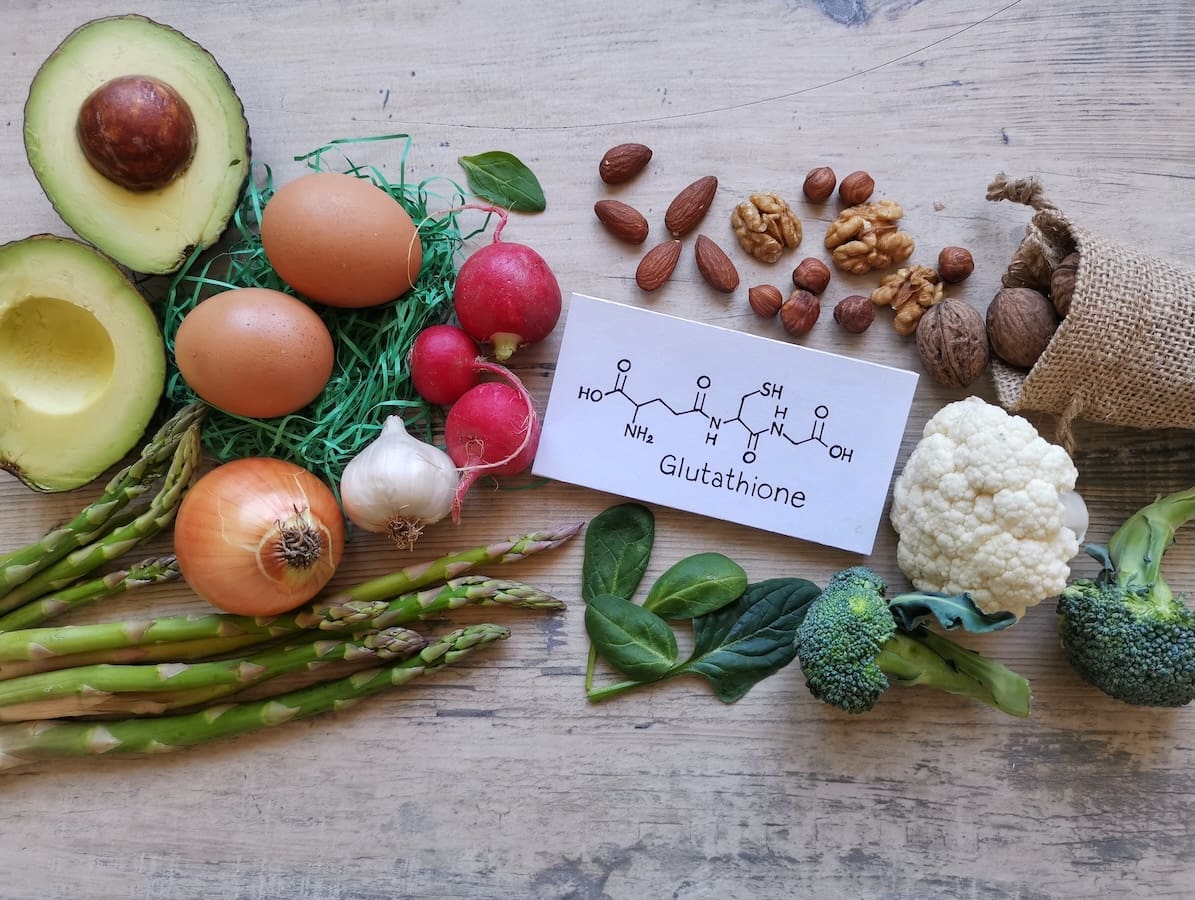Are dairy products contributing to your health problems?
By naturopath Margaret Jasinska
If you have ever had a consultation with a naturopath, there is a very good chance you’ve been asked to eliminate dairy products from your diet, or cut down on them. There are some good reasons for this recommendation. Some people tolerate dairy products well and they don’t cause or aggravate existing health problems. However, if you have digestive or immune system conditions, it’s quite likely that dairy products aren’t doing your health any favours.
If you are trying to overcome an autoimmune disease we strongly recommend you exclude dairy products from your diet for several reasons. Dairy products refers to cow’s milk and any foods made from or containing cow’s milk. Some people can tolerate milk from other animals such as goats, sheep and water buffalo. They are certainly less problematic than cow’s milk, and you may be able to introduce them into your diet at a later stage. A2 cow’s milk is also often better tolerated. If you really miss milk and yoghurt, you can try introducing the A2 variety into your diet once your autoimmune disease is under control and you are happy with your state of health.
Dairy products can be highly inflammatory foods that may irritate the gut and immune system of some people. If you are trying to overcome an autoimmune disease, you need to reduce inflammation and heal your gut. The main problem with dairy products is caused by the protein called casein. Casein is a highly allergenic protein and many people develop a sensitivity to it. Antibodies to beta-casein are present in large numbers of people with autoimmune disease. They have been found to be most common in people with type 1 diabetes, coeliac disease and latent autoimmune diabetes in adults (LADA).
It is thought that, via molecular mimicry, the immune system of someone with a casein intolerance can eventually start producing antibodies against their own organs or tissues. The pancreas seems to be the most vulnerable organ. A lot of research has been done on the relationship between dairy products and type 1 diabetes. It is known that early introduction of cow’s milk into an infant’s diet (before six months of age), short duration of breastfeeding, or not being breastfed at all are all risk factors.
Cow’s milk contains a lot more casein than human milk does (85 percent versus 25 percent), and the majority of it is beta-casein. Antibodies to beta-casein are very common in type 1 diabetics, and so too is enhanced proliferation of lymphocytes (white blood cells) in response to beta-casein; meaning dairy products are highly irritating to the immune system of people with this autoimmune disease. There is also a strong relationship between casein sensitivity and schizophrenia. Some forms of schizophrenia are thought to be autoimmune. Research has shown an association between production of bovine casein antibodies and subsequent diagnosis of schizophrenia in genetically susceptible individuals.
Other potential problems with dairy products
- Dairy allergy is extremely common and typically manifests as eczema, dermatitis, asthma, hay fever or sinusitis. Most people with a dairy allergy do not go on to develop type 1 diabetes or schizophrenia, but regularly eating any food you have a sensitivity to will irritate your immune system and inflame your gut, creating a leaky gut.
- Lactose intolerance is a problem for a significant percentage of the world’s population. Actually on a global scale, not being able to digest lactose is more common than being able to digest it. Only approximately 15 percent of Caucasians are lactose intolerant. This figure jumps to between 50 and 100 percent of Asians, Hispanics, African Americans and native Americans. These figures relate to lactose intolerance, while a milder form of intolerance called lactose maldigestion is far more common. This is a problem because lactose is a fermentable carbohydrate; meaning if you are not digesting it thoroughly it will provide food for potentially harmful gut microbes and may contribute to SIBO (Small Intestinal Bacterial Overgrowth). Please do not consume lactose free milk, however, as it still contains casein.
- The proteins in cow’s milk are potential cross-reactors to gluten. That means people with coeliac disease or non-coeliac gluten sensitivity may mount an immune response to dairy products and their immune system starts behaving as though they’re consuming gluten.
- Dairy products may increase mucus production. That’s bad news if you’re a singer, suffer with asthma, have a cold or flu, but it’s also bad for your digestive tract. Excess mucus in the gut can hinder nutrient absorption.
- Milk contains growth promoting hormones. This makes sense because in nature only creatures that are growing rapidly consume it (ie. infants). Consuming dairy products can raise your blood level of insulin-like growth factor 1 and higher levels are associated with a raised risk of acne as well as breast, prostate and colorectal cancer. As adults, we are no longer growing, hence there is no requirement to consume dairy products. All of the nutrients found in milk can be easily obtained through other foods.
Ghee (clarified butter) contains negligible levels of lactose or casein, therefore a lot of people tolerate it well. Ghee withstands heat extremely well, so it’s a healthy fat to cook with. In fact ghee can be very beneficial if you are suffering with inflammatory bowel disease such as Crohn’s disease or ulcerative colitis. This is because ghee is high in a type of beneficial short chain fatty acid called butyrate. Butyrate can calm down inflammation in the intestines. A study titled Oral butyrate for mildly to moderately active Crohn’s disease stated the following:
“Oral butyrate is safe and well tolerated, and may be effective in inducing clinical improvement/remission in Crohn’s disease. These data indicate the need for a large investigation to extend the present findings, and suggest that butyrate may exert its action through downregulation of NF-kappaB and IL-1beta.”
If you are unhappy with your health, you may wish to trial a dairy free diet for a month to see if that makes a difference. Dr Cabot’s 15 Day Cleanse is a detoxification plan that comes with delicious dairy and gluten free recipes. It’s an ideal way to begin the path to better health.
References:
Monetini L, et al. Antibodies to bovine beta-casein in diabetes and other autoimmune diseases. Horm Metab Res. 2002 Aug;34(8):455-9
Susan Leech Molecular mimicry in autoimmune disease. Arch Dis Child 1998;79:448-451 doi:10.1136/adc.79.5.448
Niebuhr DW, et al. Association between bovine casein antibody and new onset schizophrenia among US military personnel. Schizophr Res. 2011 May;128(1-3):51-5
National Digestive Diseases Clearinghouse, National Institutes of Health. NIH Publication no. 09-2751. 2009.
Aliment Pharmacol Ther. 2005 Nov 1;22(9):789-94.









I have no thyroid, 2 parathyroid, had a total hysterectomy, gallbladder removed, have fatty liver. Reflux, obese, macular degeneration, how can I lose weight and rid myself of some of the symptoms associated with this. I am 67
Hello,
To reverse these concerns you have as quickly as possible, we are delighted to let you know that Dr Cabot’s highly acclaimed 15 Day Cleanse is available and provides you with two weeks to begin your journey toward improved overall health and function, utilising both supplements and a tasty, easy to prepare dietary regimen. This is an anti-inflammatory program and the supplements are immune boosting, body alkalinising and gut healing. https://shop.cabothealth.com.au/dr-cabot-cleanse
After completing the Cleanse, we recommend you remain on this style of eating and you can then begin the Maintenance Program. https://shop.cabothealth.com.au/ultimate-maintenance-plan
To hasten reversal of Fatty Liver and boost liver health, Dr Cabot prescribes
Livatone Plus – 1 to 2 capsules twice daily, to improve liver function. https://shop.cabothealth.com.au/livatone-plus-240-caps
Collagen Food – ½ teaspoon in water twice daily. Formulated to promote collagen production boost immune function and reduce inflammation. https://shop.cabothealth.com.au/collagen-food-msm-vit-c-silica-200g
You may order Dr Cabot’s supplements and books by calling (02) 4655 8855.
Kind regards
Victoria